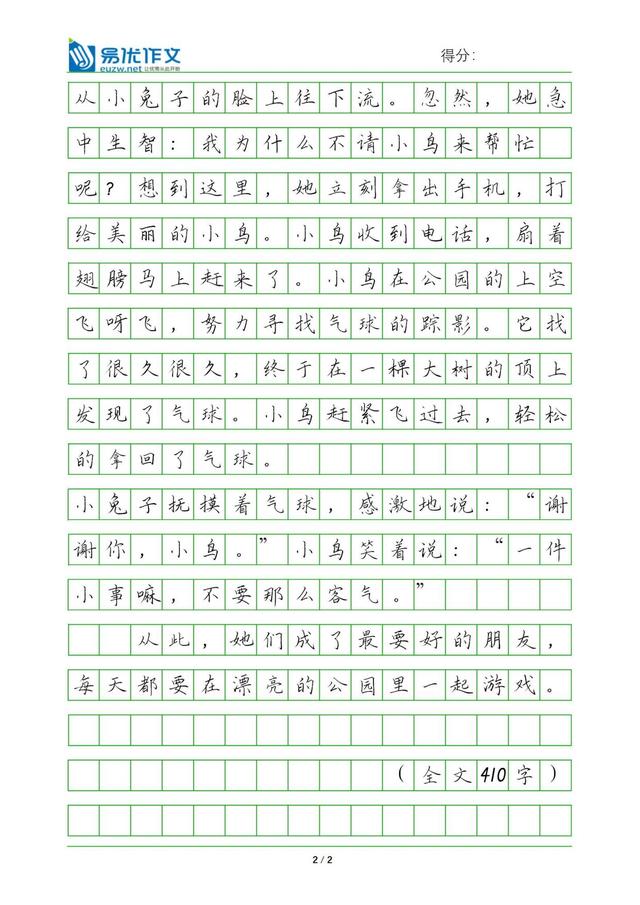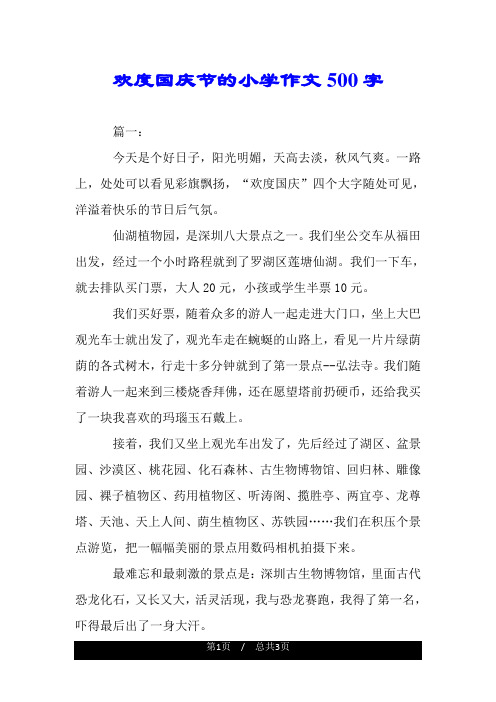议论文英语作文模版(英语议论文模板)
议论文英语作文模板
引言部分
1.开头段落(引出主题) - 引入话题并明确提出文章的中心论点。例如:"In today's society, technology has greatly changed our lives." - 使用统计数据或引用名人名言来支持中心论点。比如:"According to a recent survey, over 80% of young people prefer to use mobile devices instead of traditional books." - 简要描述主题的重要性。如:“Technology has not only improved our daily lives but also changed the way we communicate and work.”
2.主体段落(展开论述) - 分别从不同方面阐述主题。例如:"Firstly, technology has greatly reduced communication costs. Secondly, it has made learning easier and more efficient." - 举例说明技术对生活的影响。例如:"Take social media for example, it has connected people from all around the world, allowing them to share their experiences and ideas in real-time." - 分析技术发展可能带来的问题或挑战。"However, with the rapid development of technology, there are also concerns about data privacy and cybersecurity." - 对比不同的观点和论据以增强论点的说服力。 "Some argue that technology is good for business, while others claim that it can lead to job losses. Both sides have valid points."
3.结尾段落(总结全文并得出结论) - 重申文章的主题并强调其重要性。例如:"In conclusion, technology has brought both benefits and challenges to our life, and its impact will continue to shape our future." - 提出对未来技术发展的展望。"As technology continues to advance, it is important for us to embrace change and use it wisely." - 结束语,再次强调中心论点,使文章结构完整。"In summary, technology is not just an invention but a force that shapes our lives and the world around us." 结语部分 -回顾全文,强调论点的重要性。例如:"In this essay, we have discussed how technology has changed our lives and its impact on various aspects of our daily lives." - 鼓励读者思考并积极参与社会变革。例如:"We hope that through this discussion, you will be inspired to explore new ways of using technology and contribute to the betterment of society." 提炼文章大纲
1.引言部分:引出主题并给出中心论点
2.正文部分:分三个段落分别讨论技术对生活、学习和社会的影响及面临的挑战和未来展望
3.结语部分:回顾全文,总结论点,激励读者参与社会发展 写作技巧与注意事项 - 保持段落结构的一致性,每个段落都应有明确的中心句和支持细节。 - 使用恰当的过渡词和短语来连接各个段落,使文章流畅且连贯。 - 确保语言的准确性和丰富性,避免使用过于简单或生硬的词汇和句式。 - 注意语法和拼写错误,确保文章的正确性和专业性。 - 在引用数据、事实或他人观点时,要注明出处,以示尊重他人的劳动成果。
在英语写作中,议论文是一种常见的文体,它要求作者能够清晰、有逻辑地表达自己的观点和论证。一个好的议论文不仅需要论点明确,还需要有充分的证据来支持观点。因此,掌握一种有效的议论文写作模板对于提高英语写作能力至关重要。本文将介绍一个基本的议论文英语作文模板,并通过实例说明如何应用这个模板进行写作。
正文部分1.开头段落(引出主题) - 引入话题并明确提出文章的中心论点。例如:"In today's society, technology has greatly changed our lives." - 使用统计数据或引用名人名言来支持中心论点。比如:"According to a recent survey, over 80% of young people prefer to use mobile devices instead of traditional books." - 简要描述主题的重要性。如:“Technology has not only improved our daily lives but also changed the way we communicate and work.”
2.主体段落(展开论述) - 分别从不同方面阐述主题。例如:"Firstly, technology has greatly reduced communication costs. Secondly, it has made learning easier and more efficient." - 举例说明技术对生活的影响。例如:"Take social media for example, it has connected people from all around the world, allowing them to share their experiences and ideas in real-time." - 分析技术发展可能带来的问题或挑战。"However, with the rapid development of technology, there are also concerns about data privacy and cybersecurity." - 对比不同的观点和论据以增强论点的说服力。 "Some argue that technology is good for business, while others claim that it can lead to job losses. Both sides have valid points."
3.结尾段落(总结全文并得出结论) - 重申文章的主题并强调其重要性。例如:"In conclusion, technology has brought both benefits and challenges to our life, and its impact will continue to shape our future." - 提出对未来技术发展的展望。"As technology continues to advance, it is important for us to embrace change and use it wisely." - 结束语,再次强调中心论点,使文章结构完整。"In summary, technology is not just an invention but a force that shapes our lives and the world around us." 结语部分 -回顾全文,强调论点的重要性。例如:"In this essay, we have discussed how technology has changed our lives and its impact on various aspects of our daily lives." - 鼓励读者思考并积极参与社会变革。例如:"We hope that through this discussion, you will be inspired to explore new ways of using technology and contribute to the betterment of society." 提炼文章大纲
1.引言部分:引出主题并给出中心论点
2.正文部分:分三个段落分别讨论技术对生活、学习和社会的影响及面临的挑战和未来展望
3.结语部分:回顾全文,总结论点,激励读者参与社会发展 写作技巧与注意事项 - 保持段落结构的一致性,每个段落都应有明确的中心句和支持细节。 - 使用恰当的过渡词和短语来连接各个段落,使文章流畅且连贯。 - 确保语言的准确性和丰富性,避免使用过于简单或生硬的词汇和句式。 - 注意语法和拼写错误,确保文章的正确性和专业性。 - 在引用数据、事实或他人观点时,要注明出处,以示尊重他人的劳动成果。




